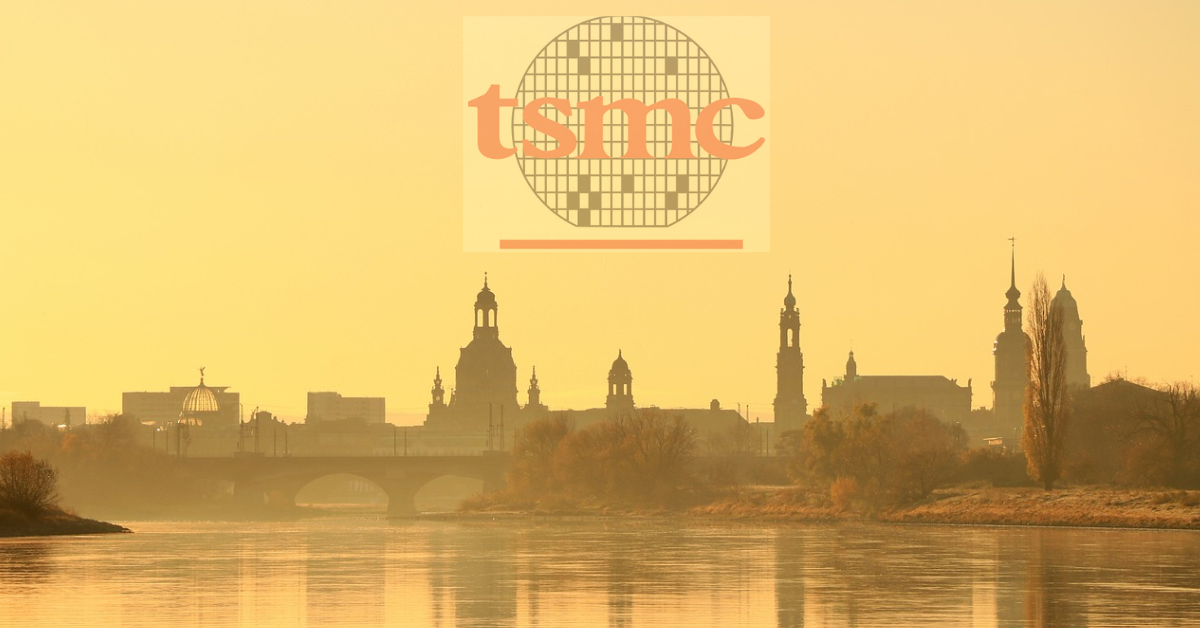Taiwan-based TSMC, the world’s largest chipmaker, is set to invest over €10bn (T$350.03bn) in Dresden, Germany. This investment will establish a microchips plant, marking TSMC’s first venture into Europe. To secure this project, the German government is rumoured to have offered substantial incentives, potentially as high as €5bn in subsidies. This constitutes half of the project’s cost.
Why it matters
TSMC is viewed as an incredibly valuable partner by global policymakers. The deal has, understandably, been greeted warmly in Berlin. Yet, according to Glenn Barklie, chief economist at Investment Monitor, the importance of the deal extends beyond these immediate figures. Amid ongoing supply chain concerns, governments are increasingly seeking to attract foreign semiconductor companies to localise their production. Barklie highlights the EU Chips Act as evidence of this trend.
Despite Germany’s strong domestic market, skilled workforce, and established high-tech industry clusters, securing TSMC’s commitment was far from guaranteed. Barklie raised concerns over Dresden’s potential to supply the necessary high-quality workforce and equipment. He noted that Germany, while more productive than the UK and France, still trails Austria, Scandinavia, Belgium, Ireland, and the US in labour productivity growth.
Dresden: a growing tech hub
Nonetheless, TSMC’s choice of Germany as the project’s location was largely anticipated. But why Dresden specifically? Despite lacking the prominence of Munich or Hamburg, Dresden has recently emerged as a magnet for significant investments in the semiconductor industry. In 2022, US-based GlobalFoundries announced a $1bn investment in a new Dresden facility. Barklie mentions that the city has become a hotbed for tech-based foreign direct investment (FDI). In 2023, US company Applied Materials chose Dresden for a new technology hub. The company followed Indie Semiconductor, which opened an engineering centre there in 2022.
The wider context
This development marks a significant victory for the EU Chips Act, which aims to double the EU’s global semiconductor market share from 10% to at least 20%. Barklie, however, does express concerns over the large subsidies involved, questioning whether such offers are sustainable for Germany and other European nations.
The severe semiconductor shortage during the Covid-19 pandemic accelerated the race for countries to achieve chip self-sufficiency. While Taiwan and South Korea lead, other nations, including the US and China, are keen to catch up.
In this global context, Germany’s estimated €5bn expense to secure the TSMC project is viewed as a likely prudent investment, one that has possibly left neighbouring countries like France and the UK watching enviously.
The details
The Dresden microchips plant will be a collaborative venture involving TSMC, Bosch, Infineon, and NXP. Eacg partner will hold a 10% stake. The project is slated to create approximately 2,000 jobs. Construction is scheduled to commence in 2024, with chip production, primarily for Germany’s automotive industry, expected to begin in 2027.
—
If you are making strides in the world of data and software, you need the right recruitment partner. PL Talents works with some of the top candidates in these fields. Speak to us today.

